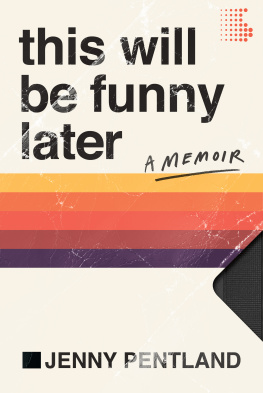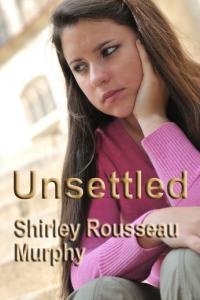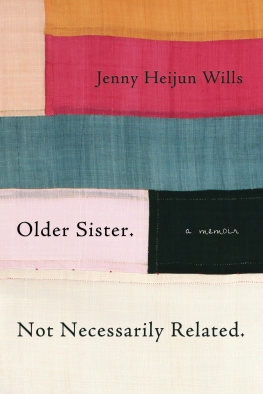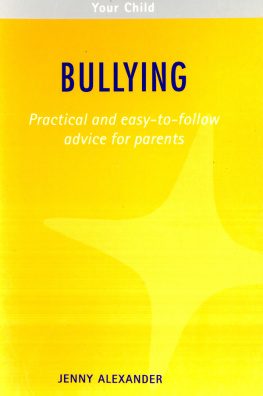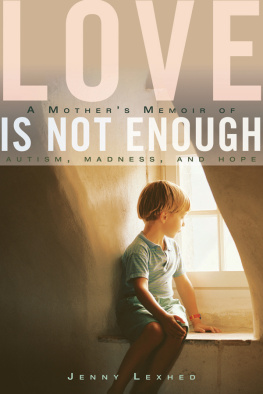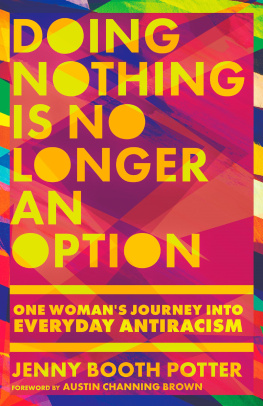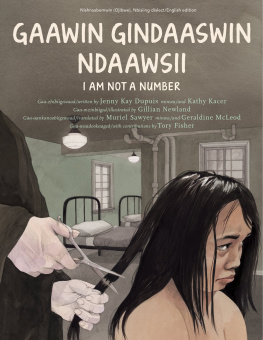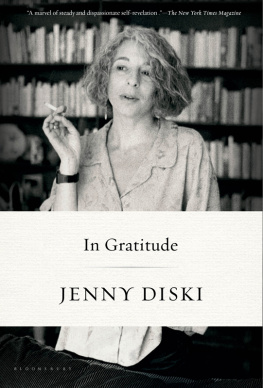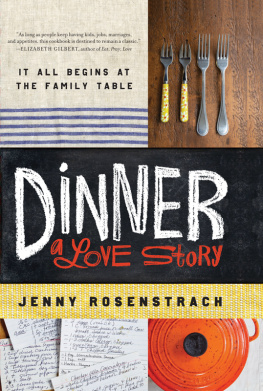M y life is a sitcom. I mean, I know everyones life is, but mine is literally. The TV show Roseanne was based on my family. All nine years of the original show were content-mined from actual events in the lives of the five of us. My dad, Bill, was the inspiration for Dan. My mom played Roseanne Conner, a prime timefriendly version of herself. Becky and Darlene were amalgams of my sister, Jessica, and myself. D.J. was based on my little brother, Jake. Jackie was based on my moms sister Geraldine.
The set was decorated much like our childhood home, minus the thick thatch of seventies carpet that would have stopped the camera dollies in their tracks. The overall look of it, though, half hand-me-downs and half thrift store finds, was dead-on. The pantry was full of the processed junk of the eighties. The fridge was covered in kids drawings layered over National Lampoon cartoons and was full of Velveeta cheese and other nonvegetable products. There were dishes in the sink and laundry piling up on top of the washer.
As the seasons went on and what was actually happening in our lives was increasingly rated R, a lot of things were left out, and by the end of the series, it looked like a parallel-reality version of what would have happened to us had the show never existed. Roseanne and Dan stayed married. Becky never asked for a coffin as a bed or bought meth. No paparazzi hid in the bushes of the Lanford Lunch Box awaiting Roseannes shift to be over so they could pounce on her and her boyfriend. No illegitimate children were found via private detective. Roseanne and Jackie never had a falling-out. D.J. never crashed the Jeep he got for his Bar Mitzvah, and Darlene was never in a mental hospital.
My mom, who was the shows creator and a head writer, attempted to close that divide in the last season by doing something bold and controversial. She had Roseanne win the lottery, which allowed her to talk about how people behave around money and success. Then, once everyone had gotten used to the new direction of Roseannes life, she pulled the rug out from under the audience and revealed that Roseanne Conner had invented this new reality from whole cloth, that she had in fact been writing the previous twenty-one episodes in order to cope with Dans death. It was a confession of sorts, that her happy marriage to Dan had no Disney ending, and that her writing had taken liberties with her real life, which was far more tragic. I loved that storyline. I loved that ending. It was perfect, although there is no way the shows fan base could understand the importance of it.
But I saw those episodes only much later. Only a few episodes of the show had aired before my own story took me further and further from the world of the Conners. I found myself in various institutions and placement programs separate from my family.
I resented Parallel Jennys simple life. I couldnt watch the show without feeling angry, and then I couldnt watch it because TV was not allowed in reform school. I didnt see anything beyond the second season until I was twenty-four and a married housewife with a kid of my own, stuck at home and able to catch the reruns airing seemingly nonstop on Nickelodeon. It still made me sad sometimes to think about what I had missed, but I had a life I wanted now and my pain was dull enough that I could enjoy the truly excellent joke writing. I made an effort to catch up.
I could relate to Dan and Roseanne now more than I could to Darlene, and that freaked me out. I would have a conversation with my husband, Jeff, and then I would hear it almost verbatim from the other room, but in my moms voice. Imagine what that does to a Jewish daughters fear of turning into her mother.
I noted the similarities of the early seasons and my childhood, and I also noted the differences, which forced me to look back at the past that I had been ecstatic to leave behind.
Neither Becky nor Darlene had to manage a public life because of their mothers fame. There were no crash diets as they didnt struggle with their weight. They lived at home through their teen years, and when they sneaked boys into their house, the boys got to stay and become a part of the family. They suffered no PTSD or mental illness in the form of anxiety disorders. Neither of them had been indoctrinated into a cult, ODd, or spent a year or more in a private mental health facility. They were lightweight, PG versions of us with no complicated backstories. Must be nice.
T he obstetrician was stuck in Memorial Day traffic, and the nurses in my moms hospital room demanded that she wait for him before pushing. Thankfully, listening to the instructions is not her forte, and so she pushed. I shot out just as the doctor rushed in. He caught me inches from the floor. The cord was around my neck, and I was seconds away from brain damage. My family loves to insinuate that maybe I didnt escape that fate.
From the moment I bungee-jumped out of my moms uterus, I was ready to have kids of my own. I had already done the hard work of growing a couple ovaries full of eggs, and I was on my way to start hunting for a sperm donor. As I grew to be a toddler and beyond, this single-minded compulsion to procreate was embarrassing in our second-wave feminist circle. It was obviously a result of programmingif not programming by society, then by genetics or cellular memory. Either way, I wasnt strong enough to overcome it. I was born a breeder.
My not-yet-famous mom, Roseanne Barr, her radical sister, Geraldine (whom we called Beanie), and all the friends they were making in their feminist bookstore collective (a group of womyn who gathered to support one anothers exodus from the patriarchy), worked hard to make sure I knew I had choices. They would see me struggling to change one of my dolls diapers and say, You know, you dont have to do that. You can go read a book or play guitar or drive a truck! Be a doctor! Anything you want! That was a big thing in the seventies, people telling kids they could be anything they wanted. When I was first asked what I wanted to be, I said, A shopping center! And a cow! My bitch of a sister, Jessica, who answered that same question with an archaeologist and a parapsychologist, loved to poke my side fat and say, At least you attained one of those goals.
I would act excited to try these other things my mom and her friends spoke of just to shake them off my trail, and then Id slink away to force-feed applesauce to a doll Id modified with a utility knife to have an open mouth. This was before we could afford the fancy dolls that were meant to be fed. When Id squeeze my babies cheeks to open their lips, their heads were often full of rotten food and mold. No matter. My love was unconditional.
My mom and Beanie were challenging the programming they were exposed to back in Salt Lake City, where they had grown up in the sixties watching women have upward of ten kids for their Lord. As the only Jews in their Mormon neighborhood, they were outsiders, which is a prerequisite for noticing oppressive systems at play. From their unique perspective, they were able to question why things were the way they were, instead of just blindly falling into line. Thus began their rebellious journey into destroying these systems.

